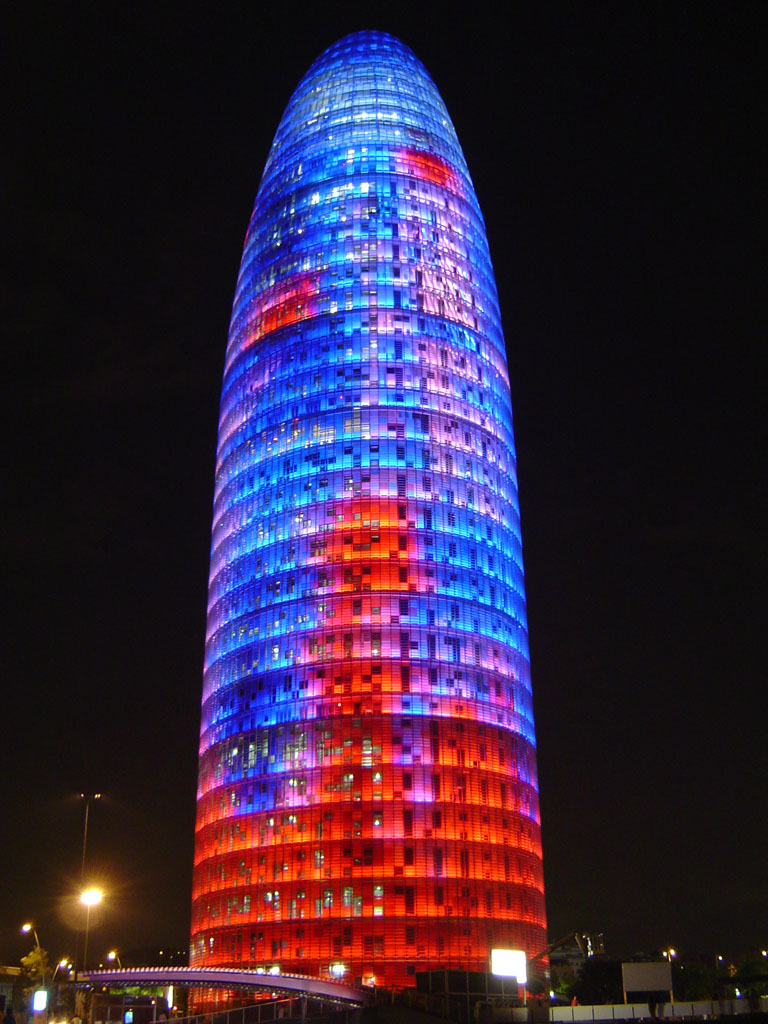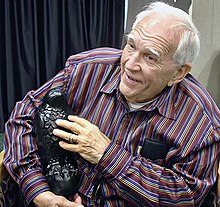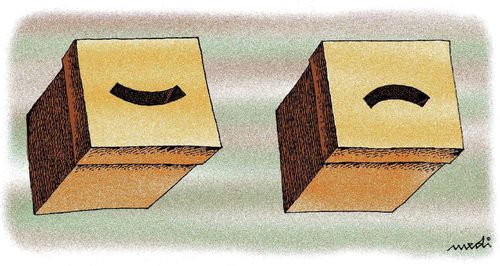 Are you off from work today? Although yesterday, November 11th, was Veterans Day, today is the official legal holiday for government workers and bank employees. I never understood why educational districts in SC didn't (and still don't) schedule Veterans Day as a holiday for students and teachers. After all, what's a parade without kids there to watch and how does the non-holiday instill an appropriate respect among youngsters ?
Are you off from work today? Although yesterday, November 11th, was Veterans Day, today is the official legal holiday for government workers and bank employees. I never understood why educational districts in SC didn't (and still don't) schedule Veterans Day as a holiday for students and teachers. After all, what's a parade without kids there to watch and how does the non-holiday instill an appropriate respect among youngsters ?
A little history: World War I, "the war to end all wars," stopped at the eleventh hour of the eleventh day of the eleventh month. November 11 was proclaimed Armistice Day. If, indeed, that war had ended all wars, we would still have an Armistice Day, but in 1939, World War II began in Europe.
On November 11, 1947, Raymond Weeks organized a parade in Birmingham, Alabama, to honor American military members for loyal service. He called it a Veterans Day Parade. Later, US Representative Edward H. Rees of Kansas proposed legislation that changed Armistice Day to Veterans Day. In 1954, President Dwight D. Eisenhower signed a bill proclaiming November 11 as Veterans Day and issued a Presidential Order for Americans to rededicate themselves to the cause of peace. In 1968, Congress moved the holiday to the fourth Friday of October, but in 1978, the date was returned to November 11 because of its historical significance.
A little explanation: Some people confuse Memorial Day with Veterans Day. Aren't they both meant to honor and thank our military? As I used to tell my elementary students, Memorial Day honors the dead while Veterans Day honors all veterans, both living and dead. They understood that and gladly took part in assemblies and making cards to send to those in the military. (We watched the Veterans Day Parades on television.)
 |
| National Veterans Day Arlington Cemetery, November 11, 2011. |
I explained about the national ceremony every November 11 when the President of the United States or his representative lays a wreath on the tomb and there's a parade of flags and many dignitaries giving speeches, but the question remained, "But why, Ms. Rizer, why was he 'known only to God' and why didn't they send him home to his family?" Back then, it was okay to mention God in the classroom, but even back then, the symbolism of the unknown was difficult, and I didn't want to explain war and corpses to children.
 |
| This isn't the photo that went viral, but it's my favorite of the Tomb of the Unknowns because of the lighting. |
Recently, I cleaned out my mother's bedroom closet. Hanging way back in the corner was a World War II soldier's uniform. It brought back memories. Not that I remembered my dad wearing it though I'd seen pictures of him in uniform, but I recalled a story I'd heard hundreds of times. When the USA entered the second World War, my father was deferred because he was a professor. As he told me,
I knew that one day I'd have a son and he'd ask, "Daddy, what did you do in the war?" I didn't want to have to tell him I stayed home and taught, so I joined the Army. Well, later, I did have a child and I've never been disappointed that you are you and a girl, but could you just one time ask, "Daddy, what did you do in the war?"
And being the sweet spirit I've always been, I always answered, "But Daddy, I love you no matter what you did during the war." I was grown before I realized he really did want me to ask about what he did during that war of national unity, common goals, and war rationing that our generation and especially our children's generation will never understand.
 |
| As a child, I assumed that my daddy was probably one of these men photographed in February, 1945, |
Uniforms have surrounded me most of my days--both personally and in everyday life since Fort Jackson, U.S. Army training facility, is located in my hometown and Shaw Air Force Base is only about forty minutes away.
The recruits look handsome and healthy in their uniforms when they're downtown on leave but sometimes they come back in different conditions.
During World War II, my father suffered permanent injury that led to his being bedridden most of his adult life, and I remember hearing of men who were shell-shocked. (I was grown before I realized they weren't saying "shell shot.") Is there any difference now? Men and women still come home with permanent injuries and with post-traumatic stress disorder.
World War I turned out not to be "the war to end all wars." Why? Students asked, "Why, Ms. Rizer, why is there war?" It's easy to say wars are fought because of differences in beliefs and goals, but I believe the real answer to that question is like the identity of the unknown body in that grave under military guard in Arlington Cemetery--known only to God.
 |
| Some of our Iraq and Afghanistan vets. |
Veterans Day means more than little flags on graves in our cemeteries and big flags folded and placed in survivors' hands as "Taps" is played. It's more than American Legion and VFW clubs. It's more than the many veterans organizations who provide help and scholarships to vets and their families. It's more than projects like the national program to preserve veterans' memoirs. It's more than flag-waving and parades and a day off from work. It is a time to honor all vets, the living and dead, the healthy and the injured, and to give them our most sincere
THANK YOU!
God, please bless America, our veterans, and their families.


















 S
S






















